I visited a farmer who employs upwards from 60 to 450 workers depending on
the seasons. He is not the owner but a manager employed by another manager
of several farms who works for the owner, a war veteran of the Zimbabwe war
of Liberation. The farmer, who once owned his own farm before Robert
Mugabe’s Land Reform, has accepted his new situation, not grudgingly but with
all his heart. He is back in his own country doing a job he loves with people he
knows. His wife helps in countless ways, not least in being manager, that is
funds supplier, of the farm football team.
What struck me was the lack of bitterness, the absence of talk of ‘the old days’.
The farmer and his wife had no security – just a short contract – but this did not
prevent them building a house, installing infrastructure on the farm and
rejuvenating the fields and taking good care of their employees. It did not mean
they were ignoring the precariousness of their situation, they just wanted to ‘get
on with life’. And it is a tough life. I was there on the coldest day of the year
and I noticed the farmer rose before dawn to begin his day.
I thought it was a wonderful example of someone grasping an opportunity –
even if it was hard and without a secure tomorrow – and just becoming
engaged. The story of the Sower in the gospels tells us of a man whose project
first fell by the wayside and others picked up the pieces. When he tried again,
he didn’t have the resources to keep it going. When he was able to provide
these, the whole thing got entangled in bureaucracy. Finally things started to
come right for him and he had good crops – some a hundredfold, some sixty and
some thirty.
There are many people living by the wisdom of the Gospel even if they would
not put it in those words. They are actually living the ‘poverty of spirit’
described by Jesus as the essence of the kingdom of God here and now. That
kingdom is not some fairytale in the skies but the breaking forth of authentic
values in our world; values which have the power to change our world
permanently for the better.
I describe here something on a local level but it is also true on the global level.
In reflecting on the war in Ukraine, Grigory Sverdlin, a Russian who loves his
country says, ‘The war is not popular in Russia and Putin’s days are numbered.
After he goes, there will be dark days in Russia for ten years.’ Then, be
believes, Russia will revive into something new and beautiful. ‘That’, he says,
‘is my optimistic view.’
16 July 2023 Sunday 15 A Is 55:10-11 Rom 8:18-23 Mt 13:1-9
By Fr David Harold-Barry SJ

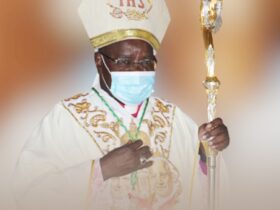
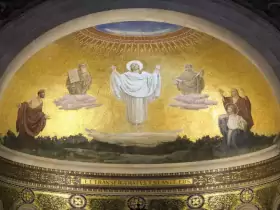
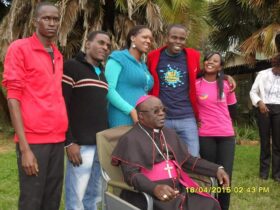
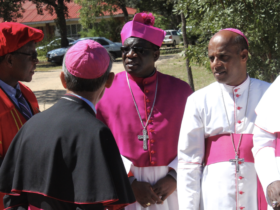


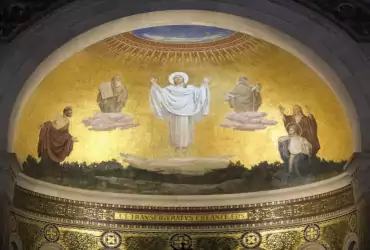
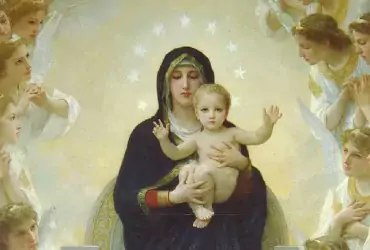
Leave a Reply